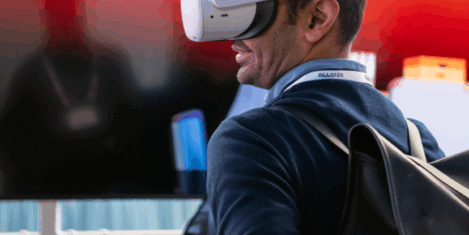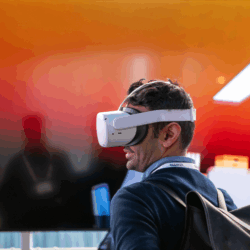December 11, 2025
Student AI use doubles while confidence amongst university educators slips
 New research suggests a widening gap between how UK university students and academic staff view the growing influence of artificial intelligence in higher education. The annual Coursera study reports a sharp rise in student use and approval of AI tools, contrasted with declining confidence among educators. The findings indicate that students now use AI for almost half of their study activities, up from a quarter last year. They also report strong benefits: four in five say their grades have improved since adopting the technology, and most believe it is enhancing the overall quality of higher education. Confidence has risen markedly since 2024, with 85 percent now saying the technology has a positive impact, compared with 67 percent a year ago. (more…)
New research suggests a widening gap between how UK university students and academic staff view the growing influence of artificial intelligence in higher education. The annual Coursera study reports a sharp rise in student use and approval of AI tools, contrasted with declining confidence among educators. The findings indicate that students now use AI for almost half of their study activities, up from a quarter last year. They also report strong benefits: four in five say their grades have improved since adopting the technology, and most believe it is enhancing the overall quality of higher education. Confidence has risen markedly since 2024, with 85 percent now saying the technology has a positive impact, compared with 67 percent a year ago. (more…)





































